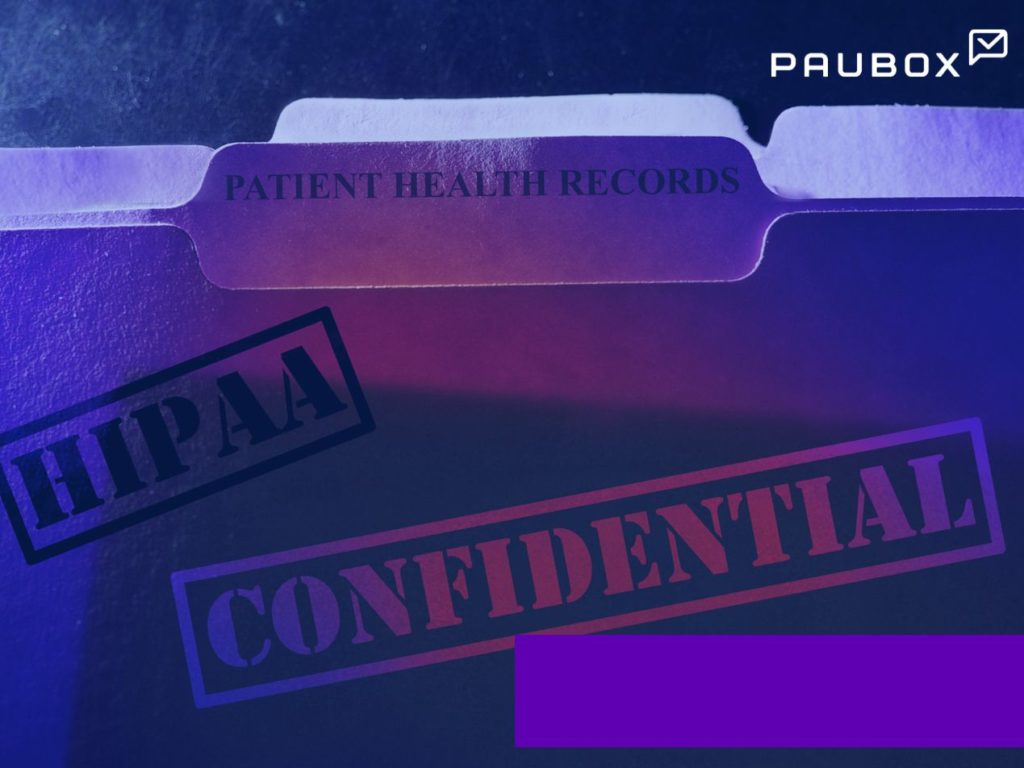
Adhering to HIPAA standards helps providers protect patient privacy, promoting a trusting patient-provider relationship.
Addressing healthcare security
According to the 2018 Verizon Protected Health Information Data Breach Report, “Healthcare is the only industry in which internal actors are the biggest threat to an organization” with 58% of incidents involving insiders.
To address this risk, providers must implement administrative, physical, and technical safeguards to safeguard the confidentiality of protected health information (PHI). Additionally, providers should conduct regular risk assessments and offer comprehensive staff training to maintain HIPAA compliance and mitigate potential data breaches.
Building patient trust
Research on the impact of managed care on patients' trust in medical care and their physicians states “The success of medical care depends most importantly on patients' trust that their physicians are competent, take appropriate responsibility and control, and give their patients' welfare the highest priority.”
Additionally, the study found that “restricting open communication with patients [can] potentially challenge trust in physicians.”
So, providers must prioritize open communication with patients to maintain and build trust in medical care. Ultimately, building trust through effective communication can improve patient-provider relationships.
Effective communication
HIPAA compliant emails and text messaging platforms, like Paubox, secure communication between patients and providers. So, providers can securely send appointment reminders, lab results, and other healthcare-related communications, prioritizing patient privacy and strengthening trust.
Additionally, HIPAA compliant communication enhances patient engagement, helping providers address patient inquiries promptly and deliver more personalized care, ultimately leading to improved health outcomes.
Read also: Why personalized healthcare emails are better
HIPAA compliance, EMRs, and patient trust
Electronic medical records (EMRs) are digitizing patient records, improving the accuracy, accessibility, and efficiency of data retrieval for healthcare providers.
However, “research has shown that patient perceptions are changing regarding confidentiality, trust, and privacy in the doctor-patient relationship because of patient medical records being stored electronically as opposed to being locked away in a file cabinet,” explains a thesis on patient perception of privacy and the role of electronic medical records
So, providers must build trust with patients by reassuring them that their privacy is protected when using EMRs. This can be achieved through transparent communication, strict data security measures, and ongoing education on the benefits of electronic record-keeping.
The thesis further explains “When patients are not concerned with the inappropriate exposure of their personal health information and perceive that the privacy of their records stored in the EMR is being adequately protected, they are much more likely to perceive trust and privacy with their physician and/or within their health care setting, and will be more likely to disclose their personal health information, which will lead to better patient care.”
Promoting transparency and accountability
HIPAA requires healthcare organizations to be transparent about their data handling practices and accountable for any breaches or violations. So, providers must give patients clear information about how their data is used, shared, and protected.
Moreover, in the event of a breach, providers should promptly notify patients and mitigate the impact on affected individuals.
Upholding ethical responsibility
HIPAA helps providers uphold the ethical principles of beneficence, non-maleficence, and respect for patient privacy, to earn the trust and respect of their patients.
FAQs
What is HIPAA compliance?
HIPAA compliance refers to adhering to regulations outlined in the Health Insurance Portability and Accountability Act to safeguard patients’ protected health information (PHI).
Go deeper: What is HIPAA?
How does HIPAA compliance impact patient trust?
When providers are HIPAA compliant, they demonstrate a commitment to safeguarding patient privacy, improving trust in the patient-provider relationship.
What measures can providers take to ensure HIPAA compliance?
Providers can implement administrative, physical, and technical safeguards (like using Paubox), conduct regular risk assessments, and provide staff training to maintain HIPAA compliance.
Subscribe to Paubox Weekly
Every Friday we bring you the most important news from Paubox. Our aim is to make you smarter, faster.




